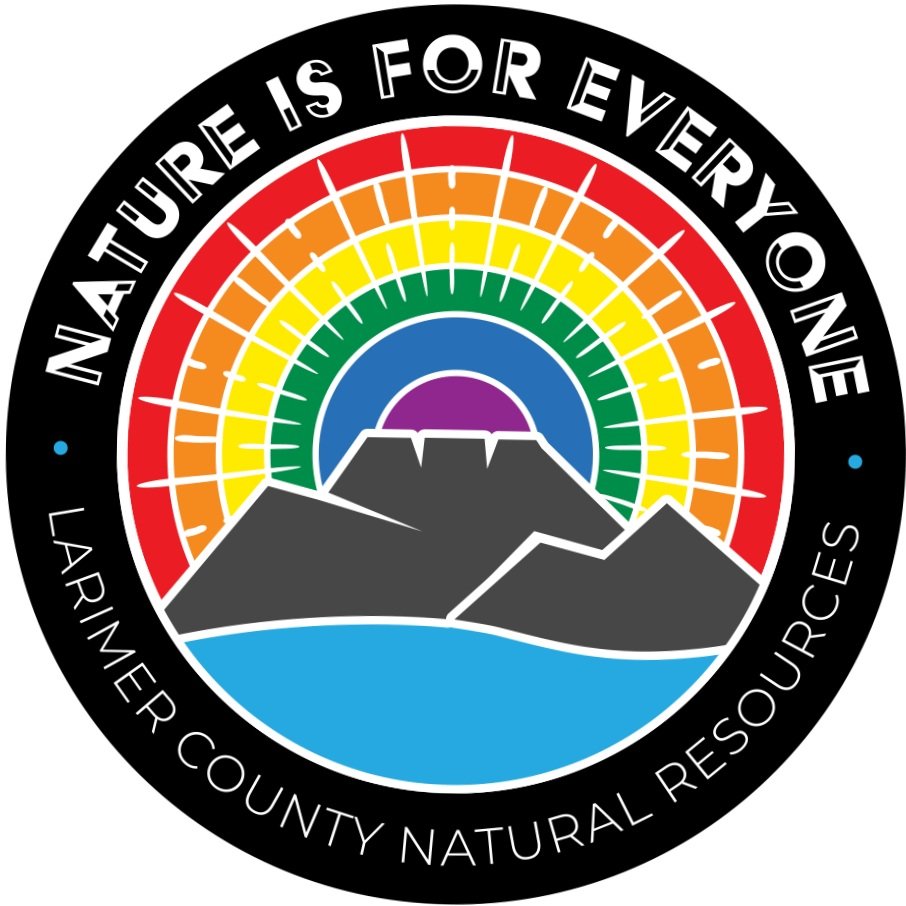New Perspectives
By: Julie Enderby, Education & Volunteer Supervisor
I love learning. Its why I work in interpretive education; I get to learn for a living! Lately, my journey of learning has taken a more personal path. I’ve had the privilege of participating in several webinars and presentations on diversity, equity and inclusion in interpretation and environmental education. When starting this journey, I never realized how much the personal and professional would connect.
Sometimes there are moments in life that open our eyes to a new perspective; allowing us a different view of the world and how we interact with it. What we were doing before wasn’t wrong or bad, just perhaps not as open-minded as we thought. That’s how I felt after watching Beth Wittman’s presentation about the history of implicit bias in outdoor recreation, “Health” and “Wilderness”: Unpacking the story of ableism and fatphobia in the outdoors.
Our human brain often simply creates categories to help give order to life and bring organization to the chaos of the universe. It’s a fundamental quality of the human mind to categorize objects and people quickly and automatically. To our early human ancestors, this ability was a foundation of survival. However, this ability is also the foundation of stereotypes, prejudice, and discrimination. Sometimes we don’t even realize we are doing it.
Implicit (or hidden) bias refers to attitudes, prejudices, and judgement we unconsciously hold about people or groups. We make quick judgments or assumptions based on what we see; how we want to quickly categorize. “Studies show people can be consciously committed to egalitarianism, and deliberately work to behave without prejudice, yet still possess hidden negative prejudices or stereotypes.” (learningforjustice.org)
I know I didn’t realize my bias towards what an “outdoorsy person” looks or acts like until I saw Beth Wittman’s presentation. I held an implicit bias that someone who is outdoorsy had the best gear, was very fit, and spent their time hiking 14ers or backpacking. I didn’t even fit my own bias, and I love being outdoors in nature! I’m a slow hiker, stop often to see all the bugs & flowers, like a good deal on gear, and will never hike a 14er… and I’m totally ok with that. But I always felt like I never measured up.
Now, I’m not comparing myself to underrepresented groups in outdoor recreation. However, what opened my mind was the realization that I unconsciously held this bias and was not only judging myself against it but others as well. Suddenly, the world was different. I saw how implicit bias influenced my choices, decisions, and thought processes. Now, I could recognize when my brain was heading down that path and change course; ask myself how to see it from another’s perspective. One presentation started me down a path of learning more about myself, my professional field, and how I can encourage multiple views of what it means to connect with nature.
This is why I’m so excited to have Beth Wittman join us on July 25, 8:00 – 9:30 a.m. at the Horsetooth Area Information Center to give her fabulous presentation, “Health” and “Wilderness”: Unpacking the story of ableism and fatphobia in the outdoors. I encourage you to attend as you may find yourself connecting personally and professionally in a whole new way! (See the calendar invite or contact Julie for more details.)


